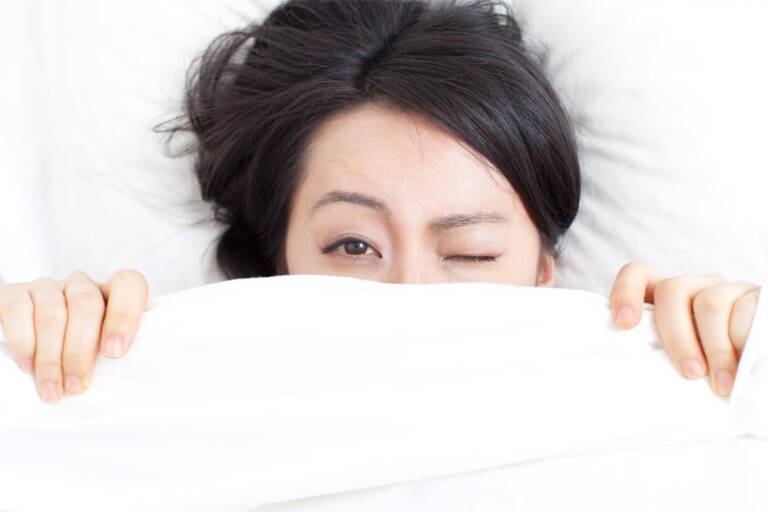

For every advantage evolution has given human beings, it has also created a disadvantage, with our need for sleep being one shared across countries and cultures.
You can develop insomnia during unusually stressful periods or illness, resulting in seemingly endless fatigue.
Changing your bedtime routine and improving the sleep environment often ends bouts of insomnia; however, sleep deprivation usually arises from circumstances beyond the sufferer’s control. Of all workers, those working rotating shifts suffer from sleep deprivation most often.
Sleep Deprivation Harms Major Systems
Sleep deprivation will harm you. Your head and muscles may ache, your eyes may burn and you may feel irritable, but these symptoms hide the body’s internal struggle, since sleep deprivation leaves your brain so tired that it cannot function properly.
You are clumsy and concentrating is difficult, but those symptoms are minor compared to the systemic disruption sleep deprived brains can generate, such as damaging your:
Impaired Brains Can Lead To Disaster
News reports often expose how serious sleep deprivation is. Some of the managers assigned to the space shuttle launch of January 1986 had only two hours of sleep before the 1 a.m. event. In 1999, American Airlines 1420’s flight, already complicated by thunderstorms, crashed. The National Transportation Safety Board found that impairment from fatigue played a role in the death of 11 passengers.
When Chernobyl’s nuclear power plant exploded, the engineers responsible for keeping the reactor running safely had worked for at least 13 hours before the accident. Without enough sleep, workers can miss critical changes in their environments because their brains are too tired to process information.
Rested employees may lower the risks associated with dangerous jobs.
A 10-year study by the Institute of Occupational and Environmental Medicine showed that shift work ages the brain prematurely by more than six years. It may take more than five years for the brain to recover, but you can manage sleep deprivation, easing its effects.
Natural Sleep Deprivation Management
Your body raises its melatonin production, a few hours before bedtime. Melatonin makes you drowsy enough to sleep, so taking it to sleep during daylight hours may help. You do not need a prescription because it is a dietary supplement and your local health food store should carry it. Once you buy a bottle of melatonin, take the recommended dose before going to bed.
For those working the night shift and having difficulty sleeping during the day, doctors recommend using a light box to reset your sleep/wake cycle and you can buy one online. Since bright light is stimulating, light therapy can reset your sleep cycle, making you more alert during your shift and sleepier once you’re home and ready for bed.
Your doctor will help determine when and how long you should use your light box. When the time comes, sit near the light box with its light on for the suggested length of time, work through your night shift, and then come home and darken your room as much as possible to drift into your much-needed sleep.


